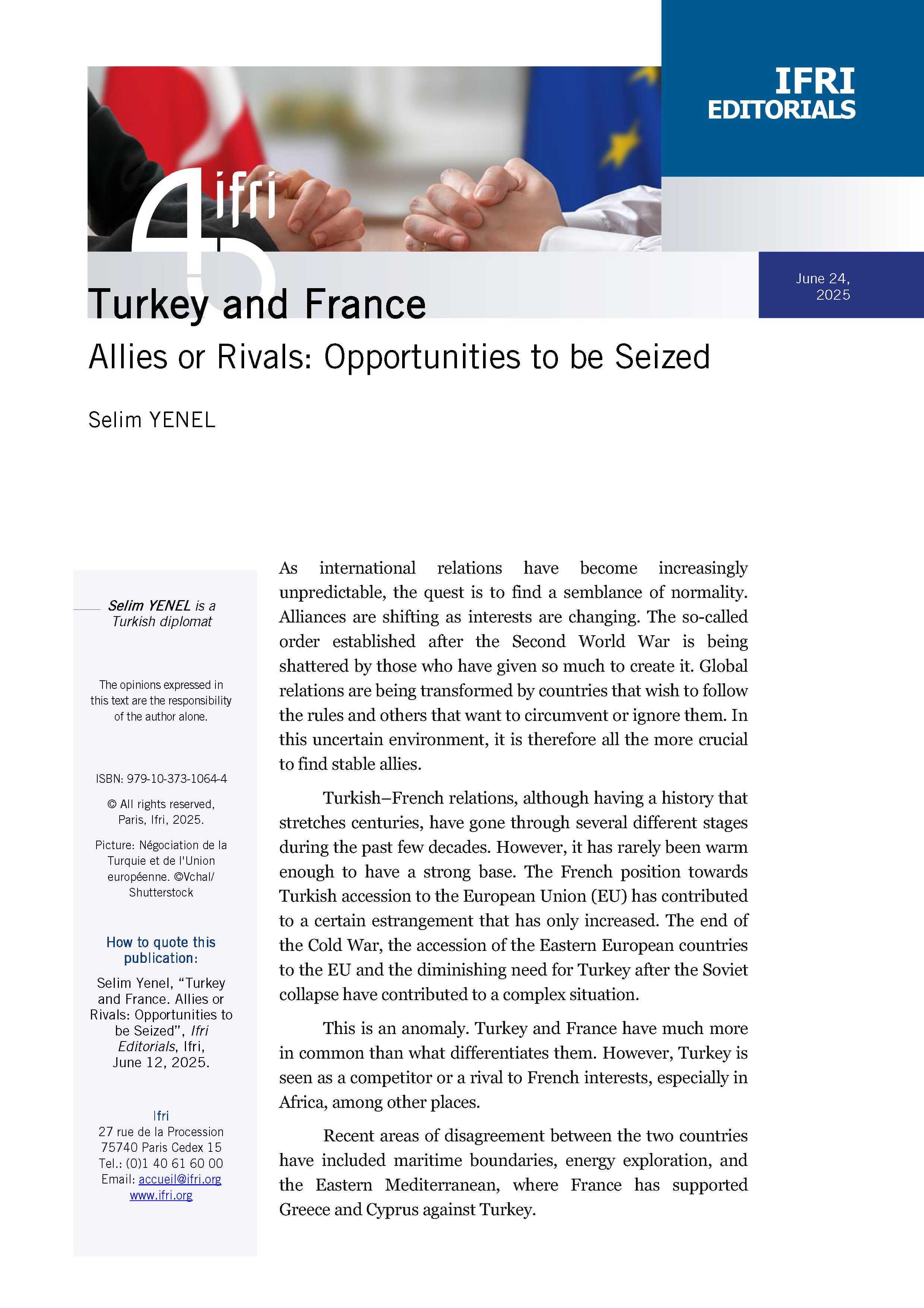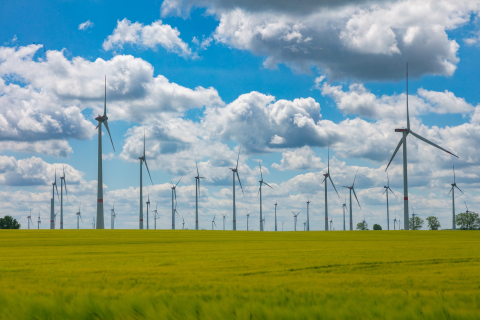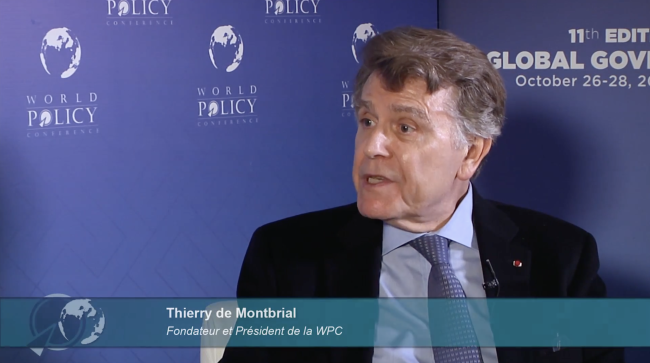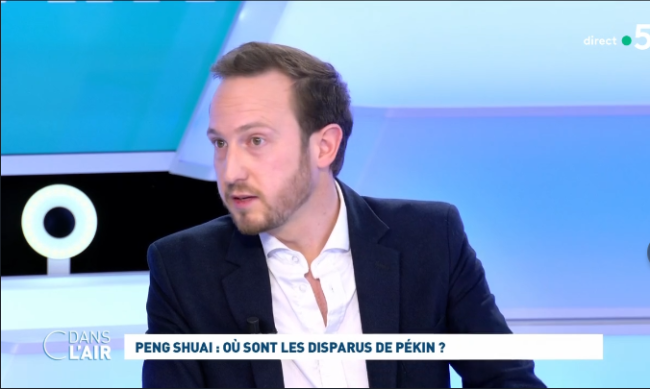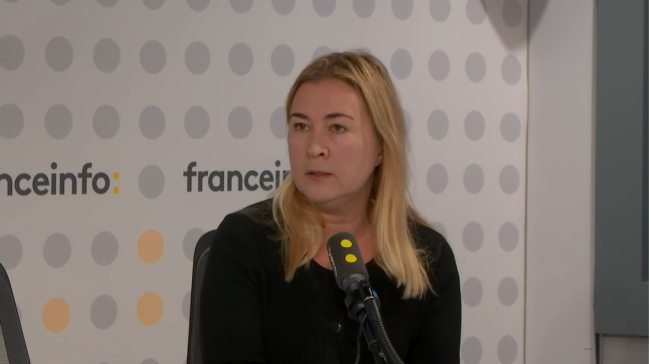Media Interventions
Our researchers intervene in the public debate and bring their light to the French and international media. Discover all their media interventions.
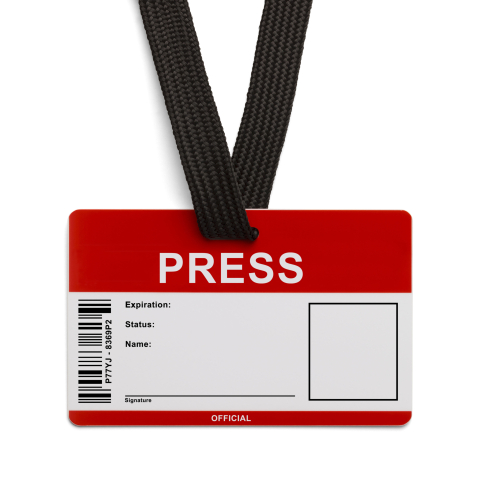


Macron Seeks a Dose of Charlemagne to Renew Merkel Partnership
When France and Germany sign a treaty on Tuesday in the historic border town of Aachen, it will be the culmination of 16 months of work by French President Emmanuel Macron to bring the anchors of Europe closer.
How will Middle America vote in 2020? (Lara Putnam)
An interview with Lara Putnam, Professor and Chair, History Department, University of Pittsburgh.
Transatlantic relations in the age of "America First" (James Lindsay)
An interview with James Lindsay, Senior Vice President, Council on Foreign Relations.
How will Middle America vote in 2020? (Henry Olsen)
An interview with Henry Olsen, Senior Fellow, Ethics and Public Policy Center (EPPC).
Transatlantic relations in the age of "America First" (Sophia Besch)
An interview with Sophia Besch, Research Fellow, Center for European Reform.


France's 'yellow vests' and the Russian trolls that encourage them
Russian social media trolls reportedly helped stoke the 'yellow vest' protests — France's largest demonstrations in years. DW talked to social media experts to find out more.
The roots of anti-environmentalism in the U.S.
An interview with Peter Jacques, Professor of Political Science, University of Central Florida.
WPC 2018 - Statement by Thierry de Montbrial
Thierry de Montbrial makes a statement on the 11th edition of the World Policy Conference (WPC) held from October, 26-28, 2018, in Rabat, Morocco.
An interview led by John Andrews, contributing editor, The Economist.


Total CEO Steps Into Eye of Saudi Storm as Other Bosses Balk
Total SA boss Patrick Pouyanne proved once again that he’ll go where other business leaders fear to tread. The storm in Saudi Arabia caused by the killing of dissident journalist Jamal Khashoggi was too much for the chief executive officers of Siemens AG and BlackRock Inc., who pulled out of an investment conference in Riyadh this week. But the head of France’s oil giant didn’t just show up, he maintained a high profile.


Belgium's creaky nuclear reactors raise risk of winter power outages
Belgium is slowly phasing out its aging nuclear energy infrastructure. But looming winter weather, limited renewable options and a poorly connected electricity network have left the country at risk of blackouts.


COMMENT: Does the Trump-led trade war with China threaten US energy dominance?
President Trump is using tariffs and quotas as weapons in his trade dispute with China. Sylvie Cornot-Gandolphe and Jean-François Boittin of think tank the French Institute of International Relations (IFRI) argue that his actions threaten US energy dominance worldwide.
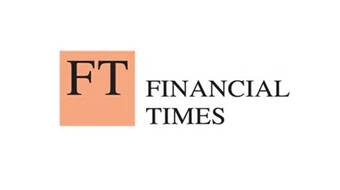

French environment minister Nicolas Hulot resigns
Activist hits out at President Macron for taking only ‘small steps’ on green issues in government


The Vienna Compromise
In June, the alliance of producing countries decided to increase the output of crude oil, against the backdrop of a surge in prices and severe restrictions on imports to Venezuela and Iran, shaken by sanctions and economic difficulties
Support independent French research
Ifri, a foundation recognized as being of public utility, relies largely on private donors – companies and individuals – to guarantee its sustainability and intellectual independence. Through their funding, donors help maintain the Institute's position among the world's leading think tanks. By benefiting from an internationally recognized network and expertise, donors refine their understanding of geopolitical risk and its consequences on global politics and the economy. In 2024, Ifri will support more than 70 French and foreign companies and organizations.



